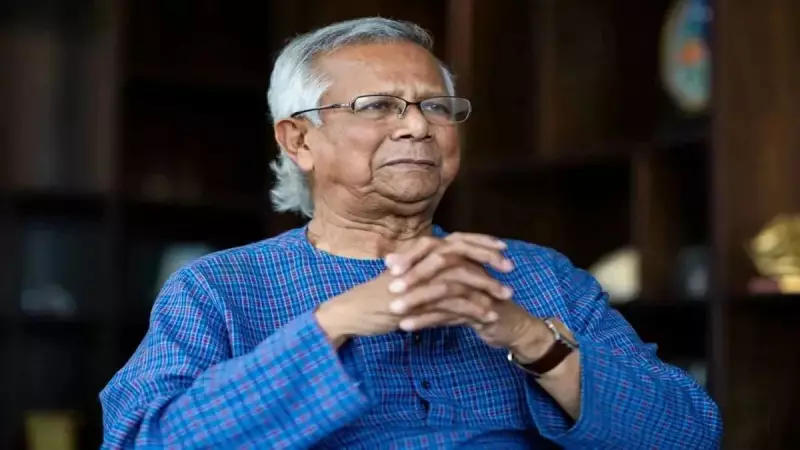
Bangladesh's political landscape faces unprecedented turmoil as the head of the interim government issued a stark warning about deliberate attempts to derail the country's upcoming elections. The caution comes amid growing tensions following the suspension of the ruling Awami League from electoral participation.
Election Integrity Under Threat
Mohammad Yunus, the chief advisor overseeing Bangladesh's caretaker government, revealed that certain forces are actively working to disrupt the electoral process. "There are clear indications that some elements want to create chaos and prevent free and fair elections from taking place," Yunus stated during a press briefing.
The interim government leader expressed serious concerns about the timing and nature of these disruptive attempts, particularly following the controversial decision to bar the Awami League from contesting the polls. This development has created a political vacuum that opponents might exploit to undermine the democratic process.
Political Fallout Intensifies
The suspension of Sheikh Hasina's Awami League has sent shockwaves through Bangladesh's political establishment. As the country's dominant political force for over a decade, their exclusion from the electoral race has created uncertainty about who will govern the nation next.
Political analysts suggest that the absence of the ruling party could lead to several scenarios:
- A fragmented parliament with no clear majority
- Increased influence of opposition parties
- Potential for political violence and protests
- International scrutiny of election credibility
Regional Implications
The unfolding situation in Bangladesh is being closely monitored by neighboring countries and international observers. As South Asia's eighth most populous nation, Bangladesh's political stability has significant implications for regional security and economic cooperation.
"What happens in Bangladesh doesn't stay in Bangladesh," noted a regional affairs expert. "The ripple effects of political instability could affect regional trade, security cooperation, and diplomatic relations across South Asia."
Road Ahead Uncertain
With the election date approaching, the interim government faces the challenging task of ensuring a smooth electoral process amid growing tensions. Security forces have been placed on high alert, and international election monitors are expected to arrive in the coming weeks.
The coming days will be crucial in determining whether Bangladesh can navigate this political crisis and conduct elections that reflect the will of its people, or if the warning signs of disruption will materialize into full-blown political chaos.





